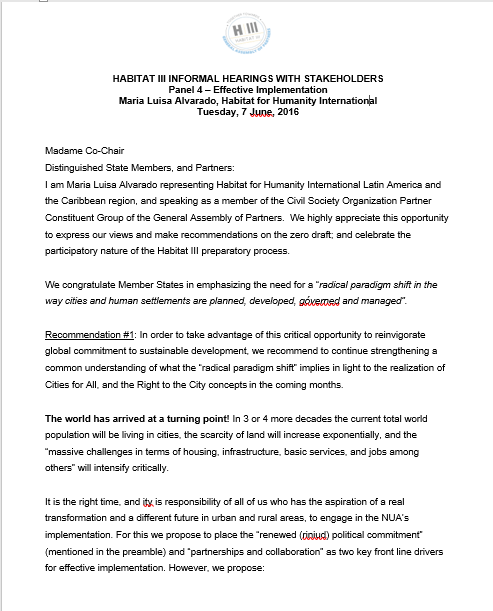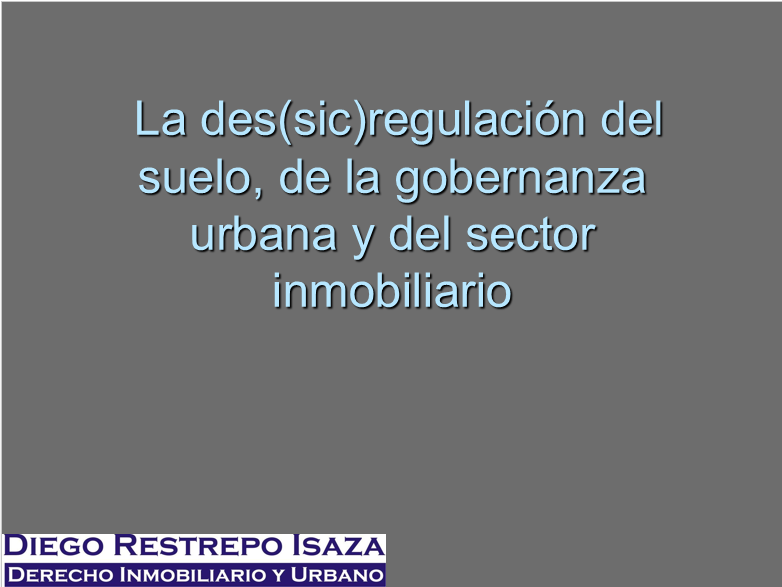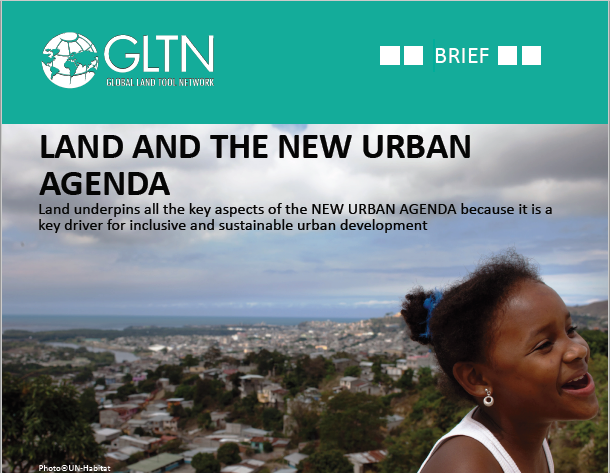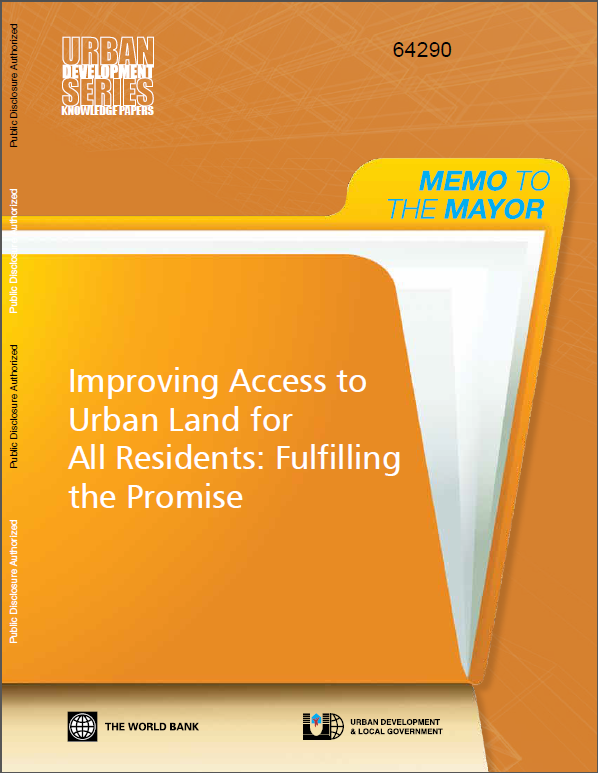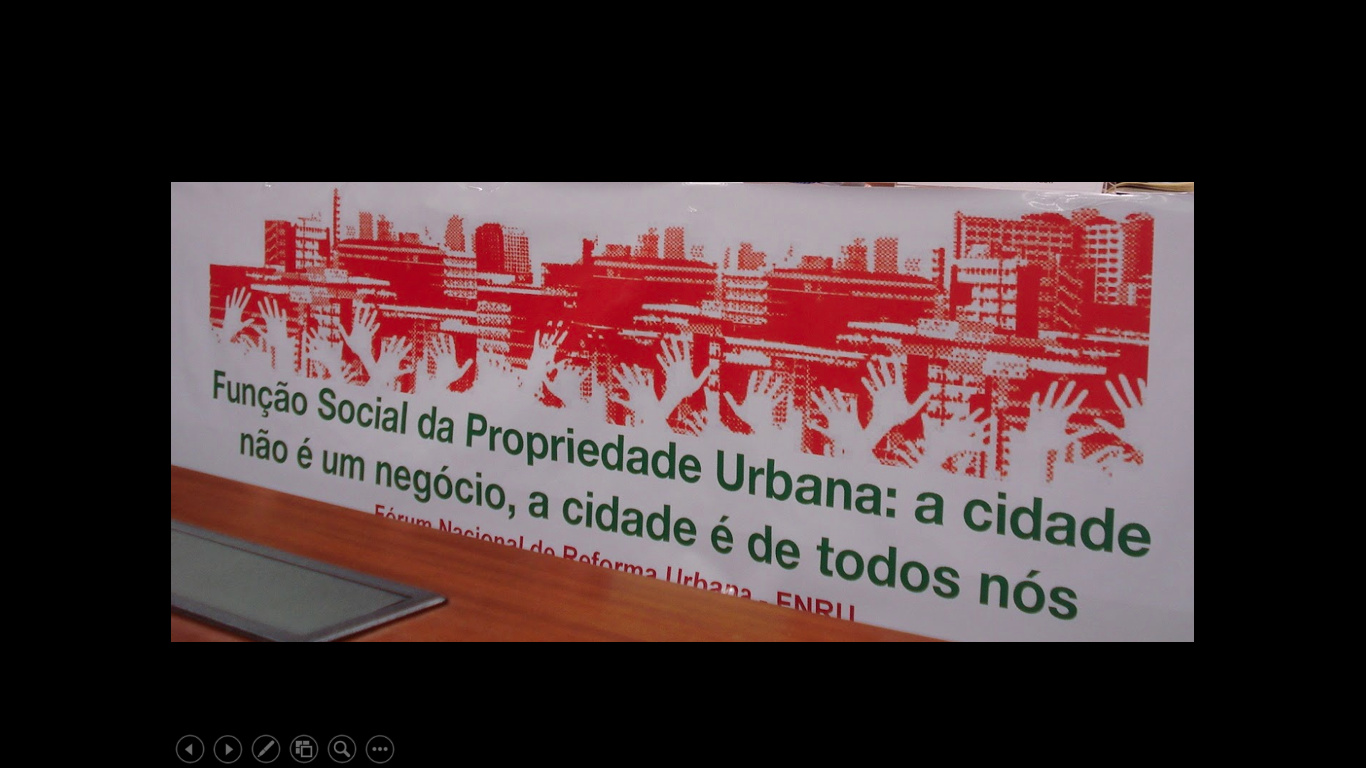Decree No.2190-1 of 1992 of the Supreme Soviet regarding enactment of Law No.2872-1 of 1992 “On mortgage”.
The Supreme Soviet decrees as follows: 1). Law “On mortgage” is applicable to the relations originated after its enactment. As regards legal relations originated before the enactment of the aforesaid Law it is applicable to rights and duties originating after its enactment. 2). To enact Law “On mortgage” from the date of its official publication. Implements: Law No.2872-1 of 1992 “On mortgage”. (1992-05-29)








